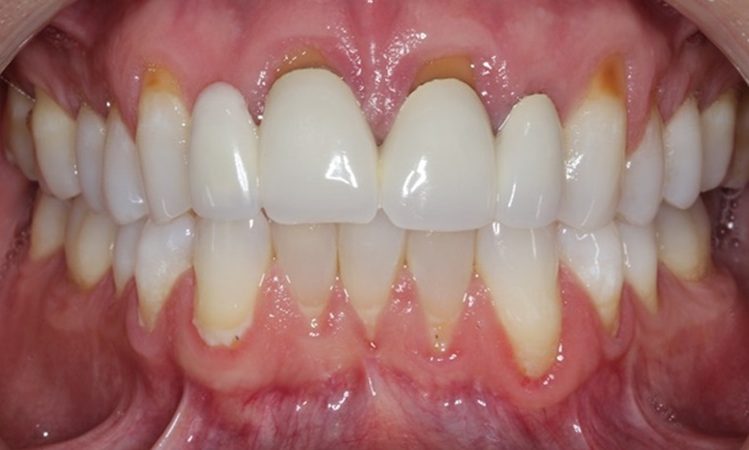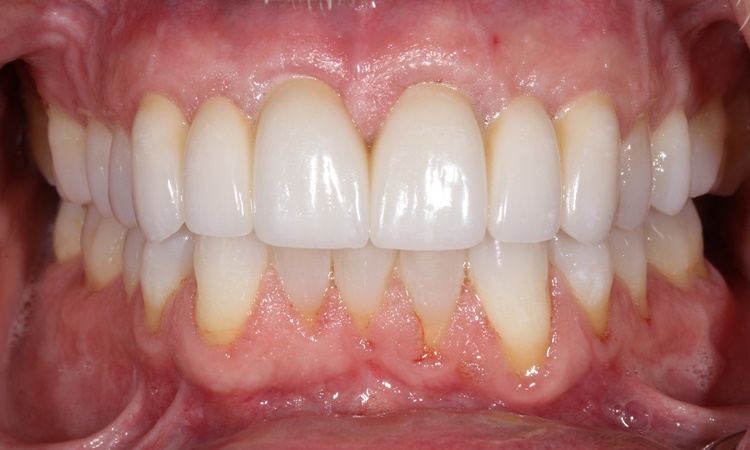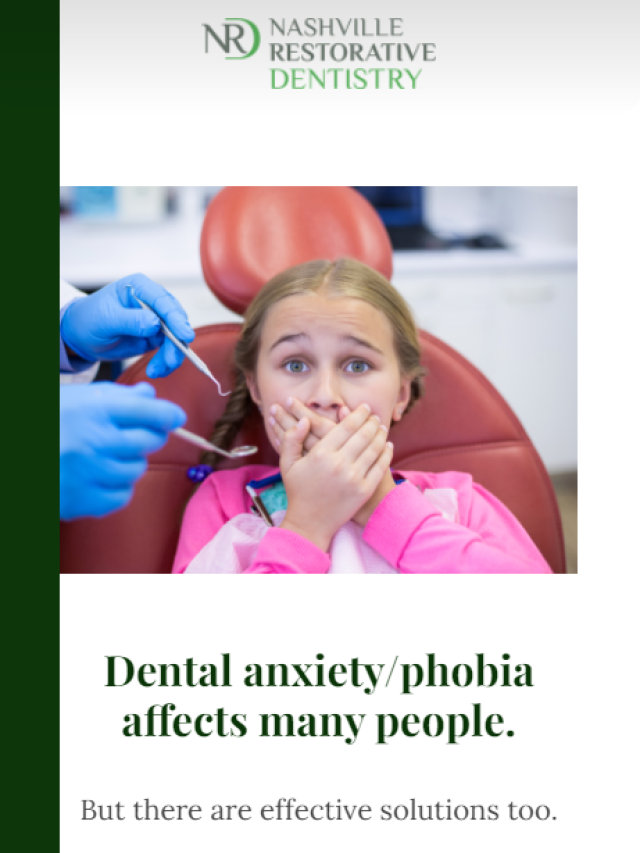
12
Nov
Mystery Linking Gum Disease to Heart Disease and Cancer Uncovered

It’s long been known that periodontal disease (gum disease) is linked to heart disease, cancer, and other inflammatory conditions, but the reason why has remained unclear…until now. A recent study published in the Journal of Dental Research claims to have the answer, and it’s related to the body’s hyperactive immune response to gum disease.
When the body is experiencing an oral infection like periodontal (gum) disease, it releases an abundance of cells called neutrophils (part of the innate immune system) to fight it off. With the presence of periodontal disease, researchers at the University of Toronto observed an overabundance of these cells circulating throughout the body, “primed for attack” and responding with excessive force to secondary issues.
“It’s almost as if these white blood cells are in second gear when they should be in first,” said Michael Glogauer, professor at the University of Toronto’s Faculty of Dentistry and the study’s senior author. “We believe this is the mechanism by which oral hygiene can impact vulnerability to unrelated secondary health challenges,” says lead author Noah Fine.
If a person has periodontal disease, the body’s immune system is already on the offensive, so when a second inflammatory event occurs, the immune cells attack much more quickly and can destroy the affected tissues and organs. In other words, this hyperactivity of the immune system makes the body more susceptible to damage from secondary inflammatory conditions. People with gum disease are two to three times more likely to have a heart attack, stroke, or other cardiovascular events.
Not only can having both diseases simultaneously lead to more severe damage to the body, but this study suggests gum disease alone can be a risk factor for these secondary inflammatory conditions. That means if you have gum disease, you are more likely to develop conditions like heart disease or cancer later.
Nashville Restorative Dentistry has always believed that oral health affects more than just your mouth — it affects your entire body. This study makes it even more definitive: we have to be proactive about our oral health if we want to maintain our overall health.
It’s even more important right now to be intentional about oral health in light of the coronavirus pandemic. The study adds that this hyperactive immune response can also cause negative outcomes in regard to the body’s response to COVID-19.
“There is evidence out there that patients with periodontal disease may be much more likely to have negative outcomes with COVID-19,” Glogauer says. “Neutrophils are the cells that are at prime risk of causing cytokine storms. That’s the exact cell we show is primed with people with periodontal disease,” he adds. Cytokine storms have been proposed as the connection between many of COVID-19’s seemingly wide and unrelated range of symptoms.
Actual Patients Results


Bernie

Issue: Missing side front teeth, failing bridges, and significant gum recession on the front teeth and canines.
Solution: Pinhole gum rejuvenation was used on the upper jaw to reposition the gum tissue and cover the areas of gum recession. Two new three-tooth bridges were made, each connecting a canine to a front tooth.
You can read more about the study on the University of Toronto Faculty of Dentistry’s website. If you are interested in improving your oral health or want to learn more about our holistic approach to dentistry, give us a call at (615) 640-8494 or ask the doctors a question on our site.
We are equipped to handle the majority of your dental needs
We understand the importance of having a dentist you can trust. And that means not being sent off to a different specialist every time you need a new procedure. At Nashville Restorative Dentistry, we are equipped to handle the majority of your dental needs from cosmetic to restorative, implants to extractions. When you come to us, you are getting a dental team for life.
Share this Article
Experience excellence in dental care today.
You shouldn’t have to worry about your mouth or let unpleasant past dental experiences prevent you from living the life you want.
Reviewr Name
Michelle W.
Patient Testimonial
Issue: Spacing between the front teeth and an uneven tilt to the smile.
Solution: Short term orthodontics to evenly spread out the space between the teeth followed by veneers across the eight front teeth to create a level smile with color consistency and no spaces.







